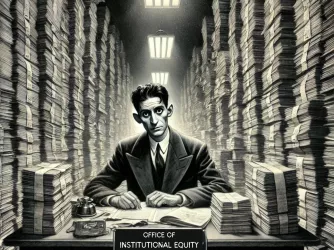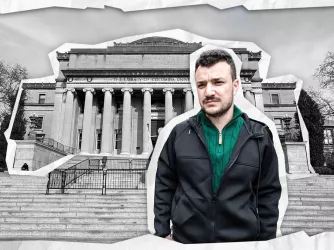Table of Contents
Penn State: Pulling the Wool over Your Eyes
Today, in The Chronicle of Higher Education, Penn State attempted to play damage control after significantly altering two patently unconstitutional policies. In what is probably the lamest justification for doing so, the Penn State tried to claim that, “These changes do appear to match up well with the interests of the plaintiff…but the revision would have been made in this manner regardless of any legal action.”
So the fact that Penn State was sued in federal court had absolutely nothing to do with an abrupt alteration in policies? Next time, Penn State might want to make sure that the revision history of AD29 and AD42 matches their story. The truth is that these polices have been around, in substantially the same form, since the early 1990s. This makes it extraordinarily hard to believe that the changes were merely routine revisions; if so, why did it take more then a decade to change the policies? It isn’t very hard to see through Penn State’s apparent ruse.
Would it really be so difficult for Penn State to just say, “We recognize that we have a legal and moral right to ensure a free exchange of ideas on campus, so we altered the policies accordingly”?
Recent Articles
FIRE’s award-winning Newsdesk covers the free speech news you need to stay informed.

Navigating the Kafkaesque nightmare of Columbia's Office of Institutional Equity
Columbia's Office of Institutional Equity is a nightmarishly opaque bureaucracy whose investigations can take months or even years, leaving students in fear of what they can do or say as they await the results.

A picture is worth a thousand words — unless a college district bans it
In an effort to respect Native American remains, the Los Rios Community College District of greater Sacramento has essentially banned faculty and students from displaying images of Native American human remains.

Intimidating abridgments and political stunts — First Amendment News 461
First Amendment News is a weekly blog and newsletter about free expression issues by Ronald K. L. Collins and is editorially independent from FIRE.

Trump administration’s reasons for detaining Mahmoud Khalil threaten free speech
The government arrested and detained Mahmoud Khalil for deportation, and its explanation for doing so threatens the free speech of millions of people.